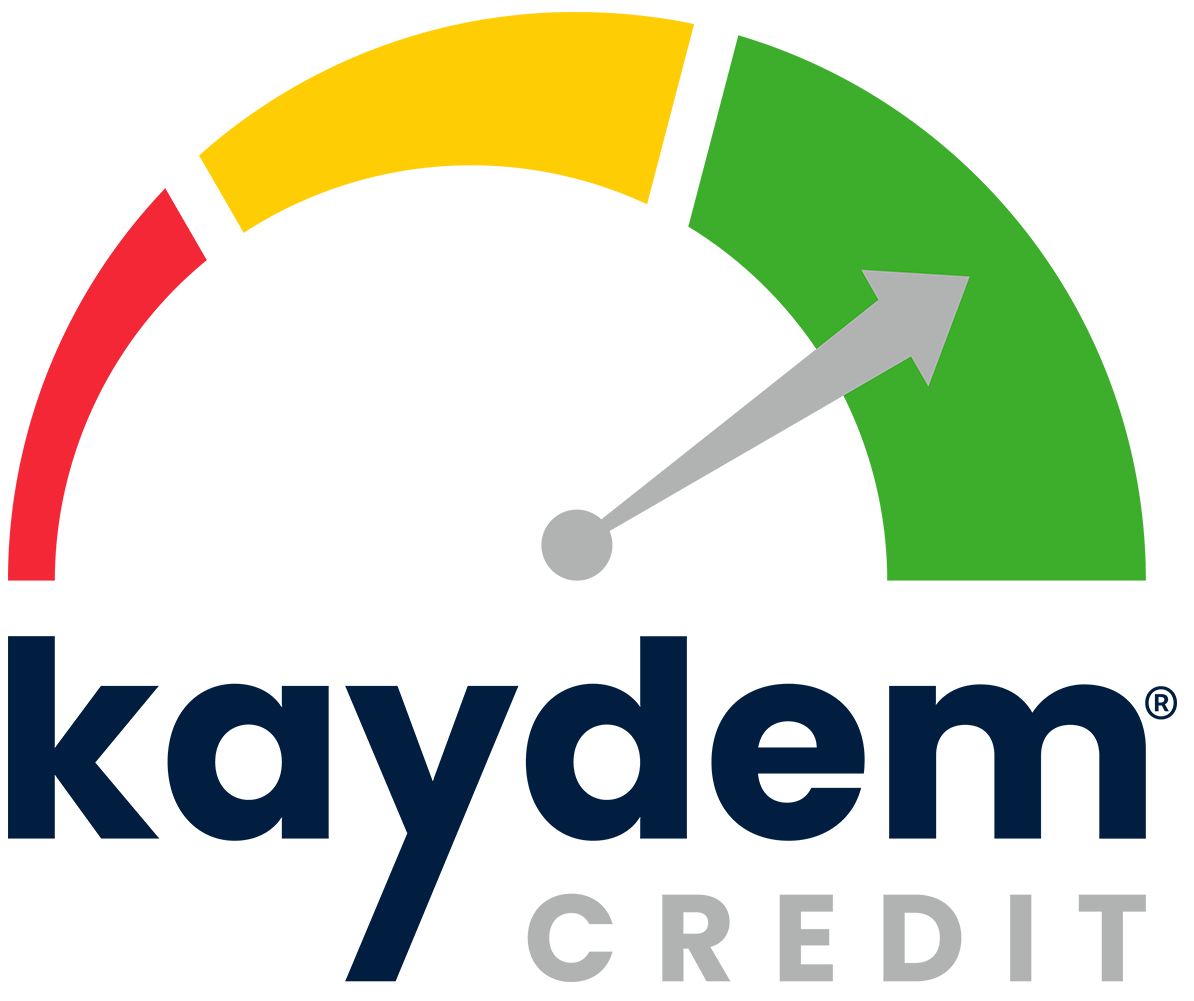The Journey from Debt to Relief: How to Get a Debt Consolidation Loan
Are you tired of juggling multiple debts and high-interest payments every month? If you’re struggling to keep up with debt payments, a debt consolidation loan might be the right solution. By consolidating your debts into one manageable payment, you can lower your interest rates and reduce your monthly payments. But how do you get a debt consolidation loan?
In this article, we’ll provide all the information you need to know to successfully apply for a debt consolidation loan. From understanding your credit score to finding the right lender, we’ve got you covered.
Getting to Know Debt Consolidation Loans
Debt consolidation loans allow you to combine multiple debts into one single loan. This means you only have one monthly payment rather than juggling several. The debt consolidation loan is repaid over a set period at a fixed interest rate, simplifying the repayment process.
Various types of debts can be consolidated with a debt consolidation loan. These include but are not limited to:
- – credit card debt
- – personal loans
- – payday loans
- – student loans
- – medical bills
- – certain types of business loans
It’s important to note that secured debts, like mortgages or auto loans, are typically not eligible for consolidation through this method.
Potential Benefits of Debt Consolidation Loans
There are several potential benefits to using a debt consolidation loan.
First, it simplifies your finances by consolidating multiple payments into one. This can make managing your debts easier and less stressful.
Second, if the interest rate on your consolidation loan is lower than the average interest rate on your original debts, you could save money over time.
Third, regular, on-time payments on your consolidation loan can help improve your credit score over time. However, it’s crucial to remember that while a debt consolidation loan can be a helpful tool, it’s not a cure-all for debt problems and needs to be used responsibly.
Determining If a Debt Consolidation Loan is Right for You
Before applying for a debt consolidation loan, assess your financial situation by looking into the key factors the lenders use to determine your approval, which include:
– Your Credit Score: A good credit score can help you secure a loan with favorable terms and a lower interest rate.
– Your Debt Amount: The amount of debt you have may affect the terms of your loan. Some lenders may have minimum or maximum limits on the amount they’re willing to consolidate.
– Your Income: Lenders will consider your ability to repay the loan based on your income and job stability.
– Your Spending Habits: You must address the habits that led to debt in the first place. If overspending is an issue, a consolidation loan alone may not solve the problem.
While debt consolidation loans can provide advantages, you should also understand that they have potential risks and downsides as well. One of the key considerations is that consolidating your debts may result in a longer repayment period, meaning you could end up paying more in interest over the loan’s lifespan, even if the monthly payments seem more manageable.
Furthermore, some lenders might charge origination fees or prepayment penalties, which can add to the overall cost of the loan. Another risk is the potential damage to your credit score if you fail to make timely payments on your new consolidated loan, negatively impacting your credit standing.
Finally, one subtle but significant risk is the false sense of relief that debt consolidation can provide. The process may create the illusion that you’ve dealt with your debt, which could lead to complacency. This false sense of security might result in a relapse into old spending habits, further exacerbating the debt issue rather than resolving it.
How to Get a Debt Consolidation Loan
Step 1: Evaluate Your Credit Score and Financial Situation
The first step towards getting a debt consolidation loan is to evaluate your credit score and overall financial situation. Your credit score plays a significant role in the loan approval process because it gives lenders a snapshot of your creditworthiness. Along with your credit score, take a comprehensive look at your income, expenses, and existing debts. This will help you understand how much you can afford to pay each month towards the loan.
Step 2: Research and Compare Different Debt Consolidation Loan Providers
Once you clearly understand your financial situation, research various debt consolidation loan providers. Look for reputable lenders who offer competitive interest rates and favorable loan terms, and compare different providers to find one that best fits your needs. Consider factors such as the lender’s reputation, customer service, and any additional features or services they provide.
Step 3: Prepare the Necessary Documents for Loan Application
After selecting a lender, gather the necessary documents for the loan application. These typically include proof of income (like recent pay stubs or tax returns), identification documents, and information about your current debts. Some lenders may also require additional documentation, so check with them beforehand.
Step 4: Submit the Loan Application and Await Approval
Once you’ve prepared all the necessary documents, you can complete the application form. Ensure that all the information you provide is accurate and up-to-date to avoid any delays in the approval process. After applying, you’ll need to wait for the lender to review it. If approved, the lender will provide you with the loan terms, which you should review carefully before accepting. Getting a debt consolidation loan is a significant financial decision, so ensure you understand all aspects of the loan before proceeding.
Tips on Successfully Managing a Debt Consolidation Loan
Successfully managing a debt consolidation loan requires discipline, particularly when making timely payments. One effective strategy is setting up automatic payments, which helps you never miss a due date, maintain your credit score, and bring you one step closer to being debt-free each month. Regularly reviewing your loan terms and fees can also be beneficial, allowing you to remain aware of your financial obligations and plan accordingly.
Once you’ve consolidated your debts, it’s crucial to maintain good financial habits to avoid falling back into debt. To do this, consider creating a realistic budget that accounts for your loan payments and your other monthly expenses. You should also monitor your credit card usage to prevent racking up new debt. For some, consulting with a financial advisor or using budgeting tools can provide additional support in maintaining these habits.
Avoiding future debt involves more than just paying off your current debt consolidation loan. It requires a proactive approach to managing your finances, such as looking for opportunities to increase income, reduce expenses, or both. Regularly checking your credit report can also help you track your progress and identify any potential issues early. Lastly, being honest about your spending and making necessary adjustments can go a long way towards securing your financial future.
While a debt consolidation loan can be an aid in managing and reducing debt, its effectiveness ultimately hinges on the borrower’s commitment to maintaining good financial habits and making consistent, timely payments.
Embarking on a Healthier Financial Journey
Getting a debt consolidation loan can be a powerful tool in your credit repair and finance journey. By consolidating your debt, you can simplify your payments, reduce your interest rates, and improve your credit utilization ratio.
However, research all options and find a reputable lender that offers fair terms and won’t take advantage of your financial situation. Remember to shop around and compare offers from multiple lenders to find the best deal for your unique circumstances, providing the financial relief you need and setting you on a path to a healthier financial future.

